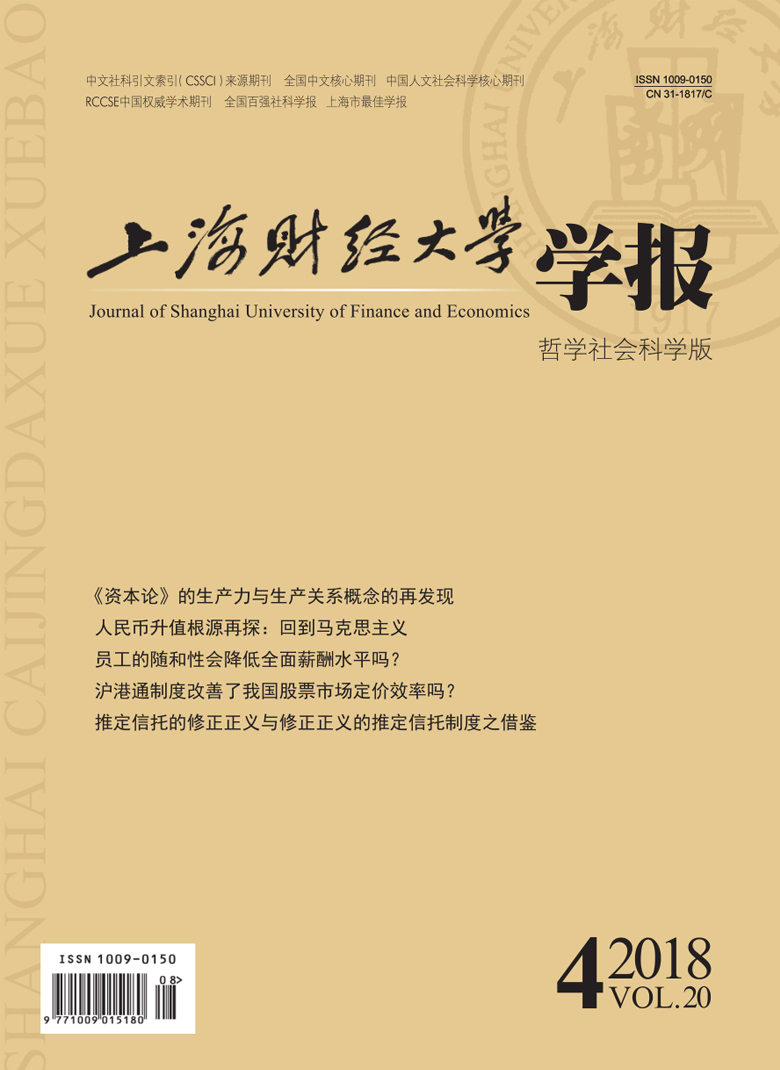The Shanghai-Hong Kong Stock Connect program is an abbreviation approved by the China Securities Regulatory Institution in November 2014 for the establishment of the technology link between Shanghai Stock Exchange and Hong Kong Stock Exchange to realize the interconnection and interoperability mechanism between the two stock markets. It is not only a major institutional innovation in China’s securities market, but also an important part of openness degree in China’s securities market. Through the implementation of the Shanghai-Hong Kong Stock Connect program, the promotion of the pricing efficiency of the domestic stock market is the fundamental reason for its launch. For the purpose of testing the effectiveness of the Shanghai-Hong Kong Stock Connect, we use the difference-in-differences model to empirically examine the impact of the Shanghai-Hong Kong Stock Connect program on the pricing efficiency of China’s stock market. First, the empirical test of the response ability of the stock price to the future earnings, that is, the sensitivity of " returns-future accounting earnings”, has found that before the implementation of the Shanghai-Hong Kong Stock Connect, the reaction coefficient of the underlying stock corresponding to the A-share market in future earnings information has not been effectively improved, but has declined. Second, it has further examined the sensitivity of " returns-future earnings changes” and " returns-future cash flows”. The test results also obtain the same conclusion as the former. After the implementation of the Shanghai-Hong Kong Stock Connect program, the sensitivity of the reaction coefficient of the underlying stock corresponding to the A-share market Exchange to the change in the future earnings changes and the sensitivity of the stock price to the reaction to future cash flows have all decreased. This indicates that the implementation of the Shanghai-Hong Kong Stock Connect program is far from achieving the desired effect of raising the pricing efficiency of the domestic stock market at least in the sample period. In this regard, we believe that the direct cause is the continuous outflow of funds from the domestic stock market, and the deeper reason is the difference between the market institutional environment and the level of investor protection. In addition, our study also finds that the Shanghai-Hong Kong Stock Connect program has injected " fresh blood” into the Hong Kong stock market, boosted the continuous uplink of the Hong Kong stock index, increased the vitality of the Hong Kong stock market, and promoted the pricing efficiency of the Hong Kong stock market. However, for this institution, it is difficult for the Pareto optimality state to be successfully realized if the implementation of the system benefits one side while damages the other, or cannot benefit both. Therefore, this article believes that strengthening the construction of the domestic stock market system, improving the governance of listed companies, and improving the investment environment of the domestic stock market are the fundamental aspects of promoting the pricing efficiency in the stock market and solving the problems in the development of the stock market.
 / Journals / Journal of Shanghai University of Finance and Economics
/ Journals / Journal of Shanghai University of Finance and EconomicsJournal of Shanghai University of Finance and Economics
LiuYuanchun, Editor-in-Chief
ZhengChunrong, Vice Executive Editor-in-Chief
GuoChanglin YanJinqiang WangWenbin WuWenfang, Vice Editor-in-Chief
Does Shanghai-Hong Kong Stock Connect Improve Price Efficiency in the Chinese Stock Market?
Journal of Shanghai University of Finance and Economics Vol. 20, Issue 04, pp. 78 - 92 (2018) DOI:10.16538/j.cnki.jsufe.2018.04.006
Summary
References
Summary
Cite this article
Dong Xiuliang, Zhang Ting, Guan Yunpeng. Does Shanghai-Hong Kong Stock Connect Improve Price Efficiency in the Chinese Stock Market?[J]. Journal of Shanghai University of Finance and Economics, 2018, 20(4): 78-92.
Export Citations as:
For




 , 1
, 1 7197
7197  11029
11029

